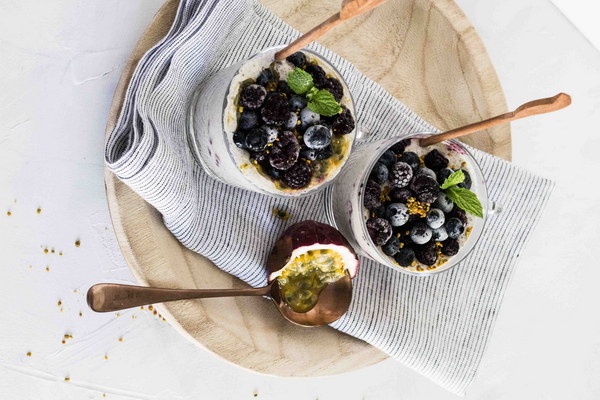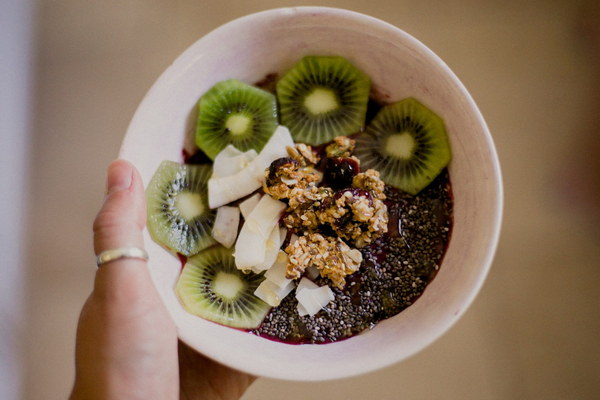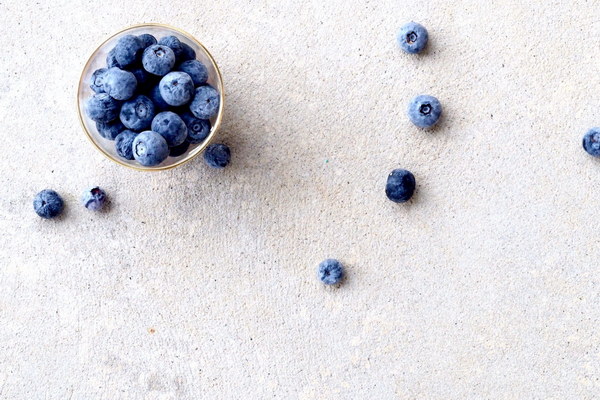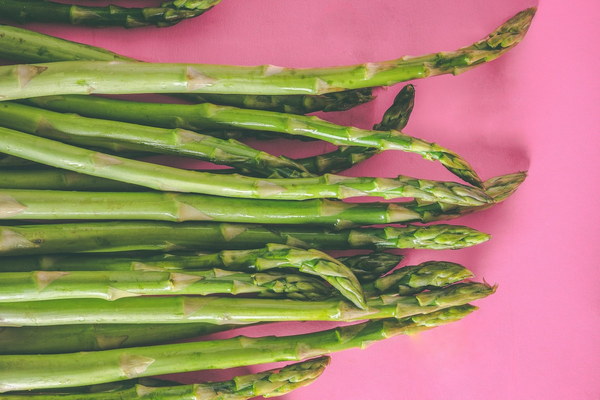Postpartum Nutrition Essential Tips for a Healthy Mom and Baby
Embarking on the journey of motherhood is a transformative experience, and it's crucial to ensure that both the mother and the newborn receive the necessary nourishment for a healthy recovery and growth. Postpartum nutrition plays a pivotal role in the healing process, energy levels, and overall well-being of new mothers. In this article, we delve into the essential tips for a balanced and nutritious diet during the postpartum period.
Understanding the Postpartum Period
The postpartum period typically spans from the moment the baby is born until about six weeks post-delivery. During this time, the body undergoes significant changes as it heals from the pregnancy and childbirth. It's essential to prioritize nutrition to support these changes and to provide the energy needed for the demands of motherhood.
Key Nutrients for Postpartum Recovery
1. Protein: Essential for tissue repair and the production of breast milk, protein should be a staple in a postpartum diet. Good sources include lean meats, poultry, fish, eggs, dairy products, legumes, and nuts.

2. Iron: Iron is crucial for preventing anemia, which can lead to fatigue. Foods rich in iron include lean red meat, poultry, fish, beans, lentils, tofu, and fortified cereals.
3. Calcium: Essential for bone health, calcium is also vital for the development of the baby's teeth and bones. Dairy products, leafy greens, almonds, and fortified foods are excellent sources.
4. Vitamin D: Often lacking in postpartum diets, vitamin D is vital for bone health and the absorption of calcium. Sunlight exposure and fortified foods, such as milk and orange juice, can help meet daily requirements.
5. Fiber: A diet high in fiber can help manage constipation, a common postpartum issue. Whole grains, fruits, vegetables, and legumes are all great sources of fiber.
6. Omega-3 Fatty Acids: Found in fatty fish like salmon, sardines, and mackerel, omega-3s are important for brain development in the baby and heart health in the mother.
7. Hydration: Adequate water intake is vital for milk production, overall health, and recovery. Aim to drink at least 8 to 12 cups of water daily.
Sample Postpartum Meal Plan
- Breakfast: Scrambled eggs with spinach and whole grain toast, a glass of orange juice, and a handful of almonds.
- Mid-Morning Snack: Greek yogurt with berries and a sprinkle of flaxseeds.
- Lunch: Grilled chicken salad with mixed greens, cherry tomatoes, cucumbers, and a vinaigrette dressing, served over a bed of quinoa.
- Afternoon Snack: A piece of fruit, such as an apple or banana, with a handful of walnuts.
- Dinner: Baked salmon with a side of steamed broccoli and brown rice.
- Evening Snack: A cup of warm milk with a teaspoon of honey.
Practical Tips for Postpartum Nutrition
- Listen to Your Body: New mothers may have varying appetites and dietary needs. It's important to listen to your body's cues and eat when you're hungry.
- Plan Meals in Advance: Meal planning can help ensure that you're getting a balanced diet and can make it easier to prepare healthy meals.
- Include a Variety of Foods: Aim to include a variety of fruits, vegetables, whole grains, lean proteins, and dairy or dairy alternatives in your daily meals.
- Stay Hydrated: Keep water nearby at all times and aim to drink water throughout the day.
- Limit Processed Foods and Sugars: While occasional treats are fine, try to limit processed foods and sugary snacks, which can lead to blood sugar spikes and crashes.
- Consider Supplements: Depending on your dietary needs and healthcare provider's recommendations, supplements like prenatal vitamins, iron, and calcium may be beneficial.
Postpartum nutrition is a cornerstone of recovery and well-being for new mothers. By focusing on a balanced and nutrient-rich diet, new mothers can support their bodies' healing process, maintain their energy levels, and provide the best possible care for their newborns. Remember, it's not just about eating for two—it's about nourishing yourself and your baby for a healthy start to life.









